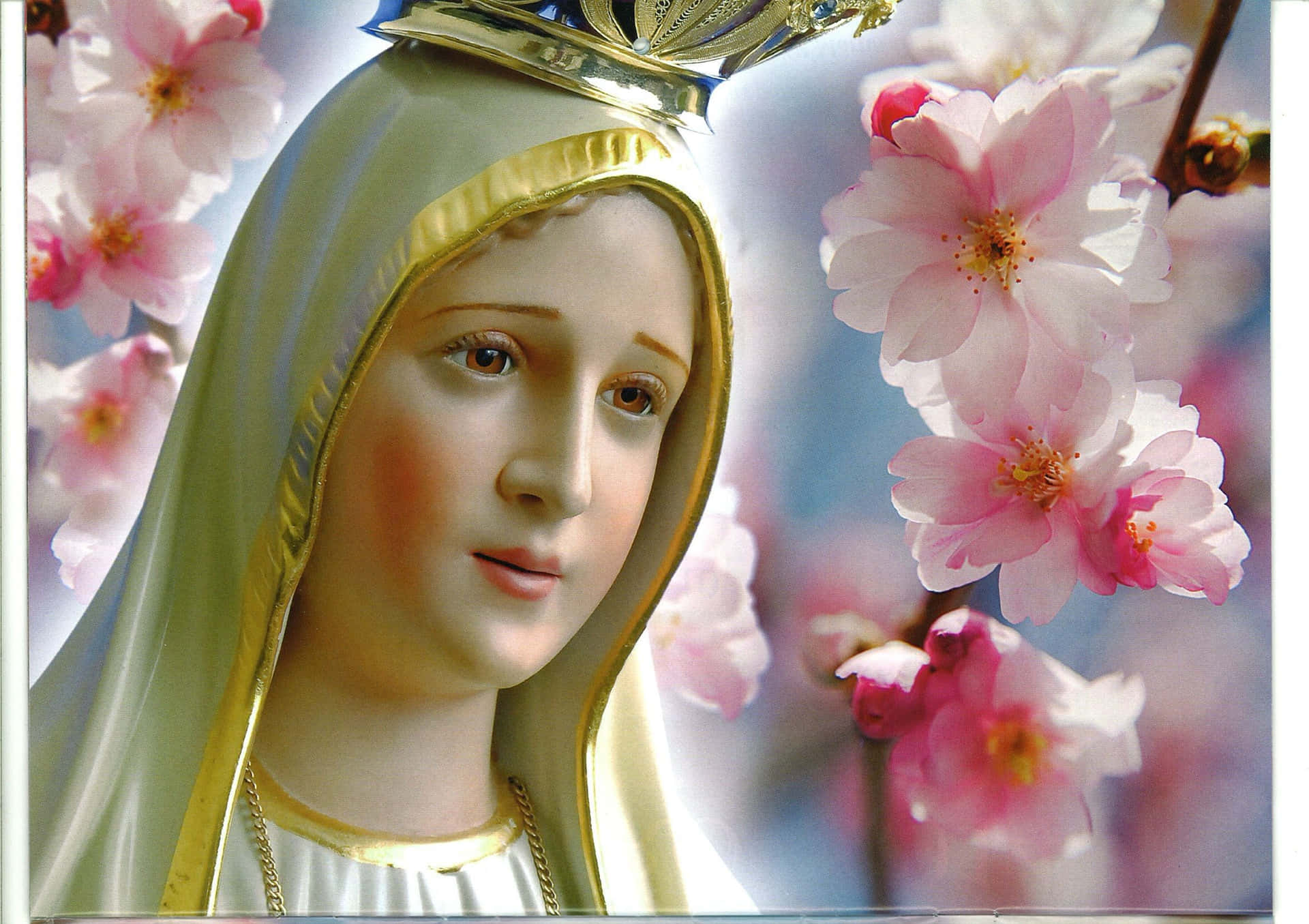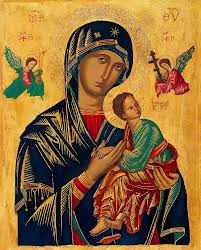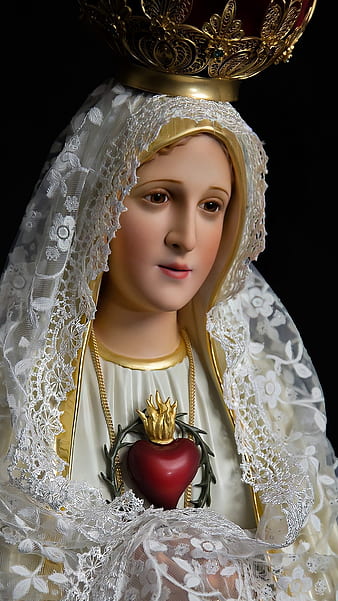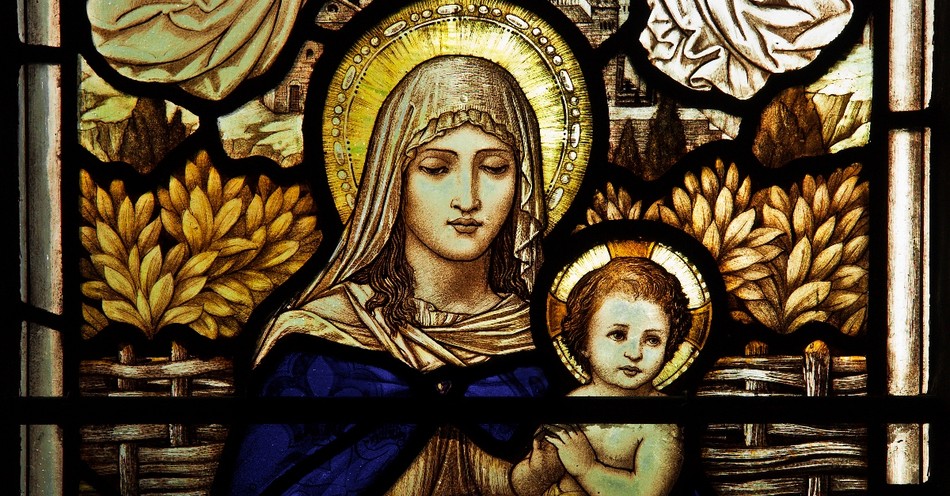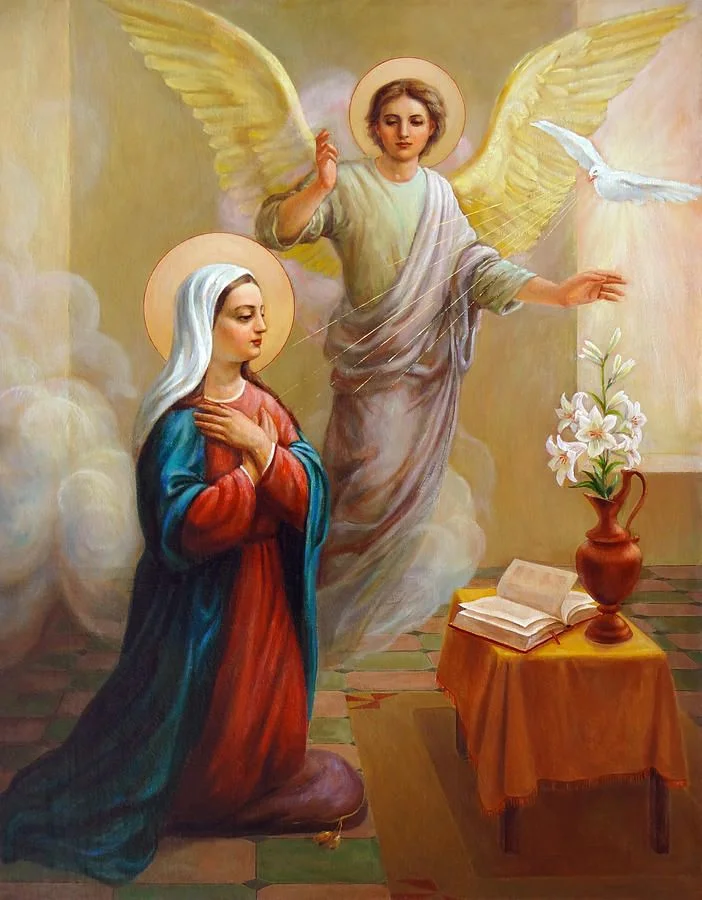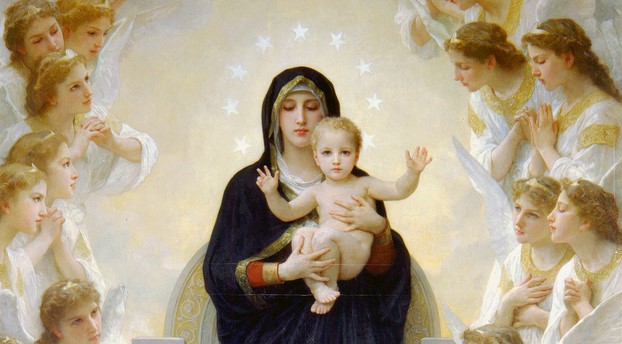Mary's Queenship in Catholic Theology: A Doctrinal and Spiritual Analysis

Updated at: 2025-06-05 11:13:43 (9 months ago by Melkisedeck Leon Shine)
Mary's Queenship: A Catholic Christological Perspective
Introduction
The Virgin Mary occupies a position of profound veneration within Roman Catholicism. This article systematically analyzes the theological framework supporting Mary's elevated status, particularly her queenship. We will explore the scriptural basis, the historical development of relevant doctrines, and the implications for Catholic spirituality. Key concepts include Marian doctrines (Immaculate Conception, Perpetual Virginity, Assumption), Christology (the study of Jesus Christ), and the role of intercessory prayer. These will be examined through established theological frameworks, considering the historical evolution of Catholic doctrine and Marian piety. We will leverage concepts from systematic theology, historical theology, and ecclesiology to provide a comprehensive analysis.
1. Mary as Theotokos: The Foundation of Marian Theology
The title "Theotokos," meaning "God-bearer," conferred upon Mary at the Council of Ephesus (431 CE), is paramount. This affirmation of Jesus' divinity establishes Mary's central role in the Incarnation. This christological affirmation, solidified by conciliar pronouncements, highlights the Church's process of clarifying theological understanding through reasoned discourse and scriptural interpretation. The Council of Ephesus exemplifies the application of conciliar methodology in resolving theological disputes and shaping doctrinal development.
2. Perpetual Virginity: Holiness and the Vessel of Salvation
The doctrine of Mary's perpetual virginity, while not explicitly detailed in all biblical passages, is a cornerstone of Catholic belief. This emphasizes her purity and holiness, highlighting her unique role as the instrument through which God entered the world. This illustrates the application of theological interpretation and tradition to build upon scriptural accounts, demonstrating the Church's evolving understanding of Marian theology over centuries. Exegetical approaches to Matthew 1:25 vary, impacting interpretations of this belief.
3. Mary as the New Eve: Redemption and Typological Interpretation
Comparing Mary and Eve provides a powerful theological lens. Eve's disobedience initiated humanity's fall; Mary's obedience, expressed in her "fiat" at the Annunciation, reversed this, initiating salvation through her Son. This utilizes typology, a hermeneutical method identifying parallels between Old and New Testament figures and events. This approach emphasizes Jesus' redemptive work, with Mary playing a vital mediating role. The typological interpretation underscores the overarching narrative of salvation history.
4. The Assumption: Bodily Glorification and the Eschatological Dimension
The dogma of the Assumption (1950) affirms Mary's bodily ascension into heaven. This doctrine, rooted in early Christian tradition and consistent with Christ's resurrection, elevates Mary to unparalleled glory and foreshadows the ultimate destiny of believers. This exemplifies theological reflection, shaped by tradition and scripture, leading to doctrinal development. The papal declaration showcases the role of magisterial authority in clarifying and defining theological concepts to ensure doctrinal consistency across the Church. This act demonstrates the application of Papal Infallibility.
5. Mary's Queenship: Intercession and Advocacy
The title "Queen of Heaven and Earth" reflects Mary's exalted position and her role as intercessor for humanity. This builds upon her role in salvation history. The image of a queen interceding for her people provides a relatable analogy for Mary's advocacy before her Son. While employing this analogy, we must retain the transcendent nature of Mary's queenship, highlighting the creative theological communication of complex truths. This reflects the application of relational theology and kerygmatic preaching.
6. Marian Piety and the Saints: A Sociological and Anthropological Perspective
The profound Marian devotion expressed by numerous saints throughout history underscores the impact of Mary's role on believers' spiritual lives. This piety provides practical examples of the belief's influence on personal faith. Analyzing saints' writings and actions offers a sociological and anthropological perspective on the development and influence of Marian theology within religious practice. This demonstrates the application of practical theology and the study of religious experience.
7. Mary as Spiritual Mother: A Bond of Spiritual Maternity
Jesus' entrustment of Mary to John at the crucifixion ("Woman, behold your son!... Behold your mother!") establishes a spiritual motherhood extending to all believers. This maternal role fosters a profound spiritual connection. This demonstrates the application of biblical interpretation and theological reflection to define spiritual motherhood within Catholicism, deepening understanding of Mary's role in the believer's life. This aspect is analyzed using virtue ethics and models of spiritual formation.
8. Intercessory Power: The Wedding at Cana and the Efficacy of Prayer
The miracle at Cana exemplifies Mary's intercessory role. Her actions serve as a model, highlighting the power of prayer and the importance of seeking Mary's intercession. Utilizing this scriptural event illustrates the application of narrative theology, connecting abstract theological concepts to concrete examples. The effectiveness of prayer is analyzed using various models of faith development and spiritual psychology.
Conclusion and Recommendations
Belief in Mary's elevated status is deeply rooted in scripture, tradition, and reasoned theological reflection. This analysis demonstrates the use of theological concepts and methodologies to understand her queenship. Future research could explore the diverse expressions of Marian devotion across cultures, analyzing how Mary's queenship is understood globally. A comparative study of Marian theology across Christian denominations would provide further insight. Investigating Mary's intercessory role—its efficacy, psychological impact, and theological implications—is another significant area for further research. This requires sensitivity and careful consideration, balancing theological accuracy with pastoral care. Further investigation into the interaction between Marian devotion and the lived experiences of faith, especially within the context of contemporary challenges, is needed.
Reader Pool:
Considering the multifaceted nature of Mary's role discussed, how might a deeper understanding of Marian theology contribute to a more nuanced and effective approach to contemporary Catholic evangelization and catechesis?

